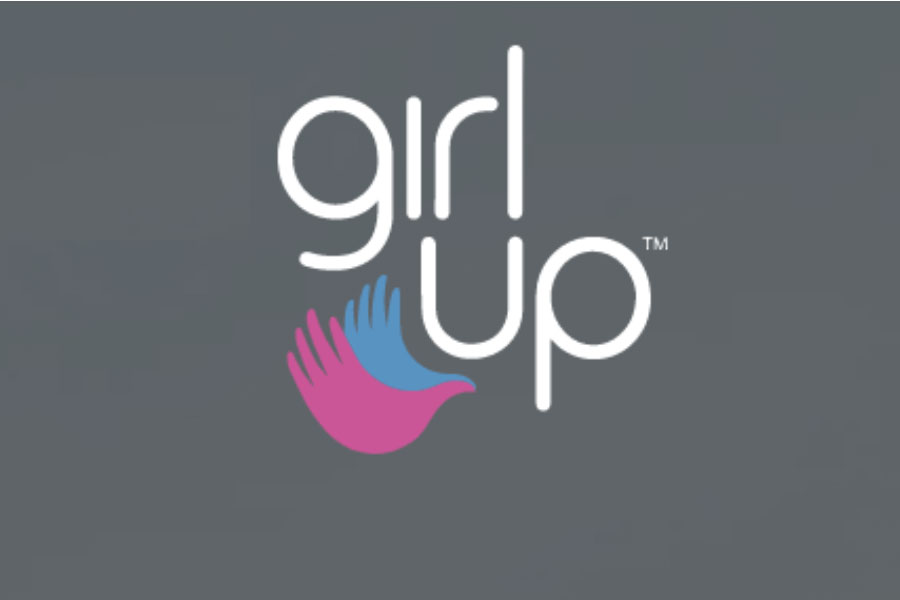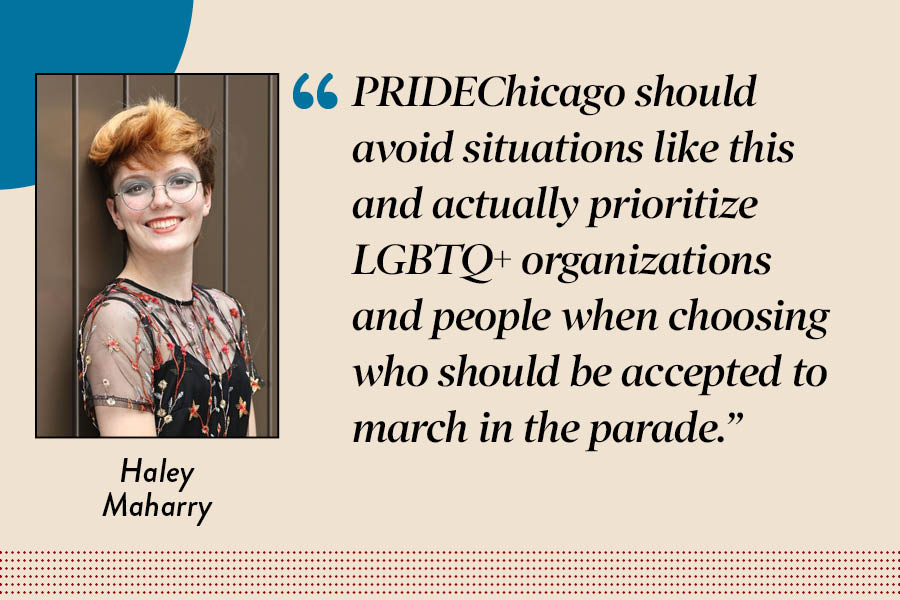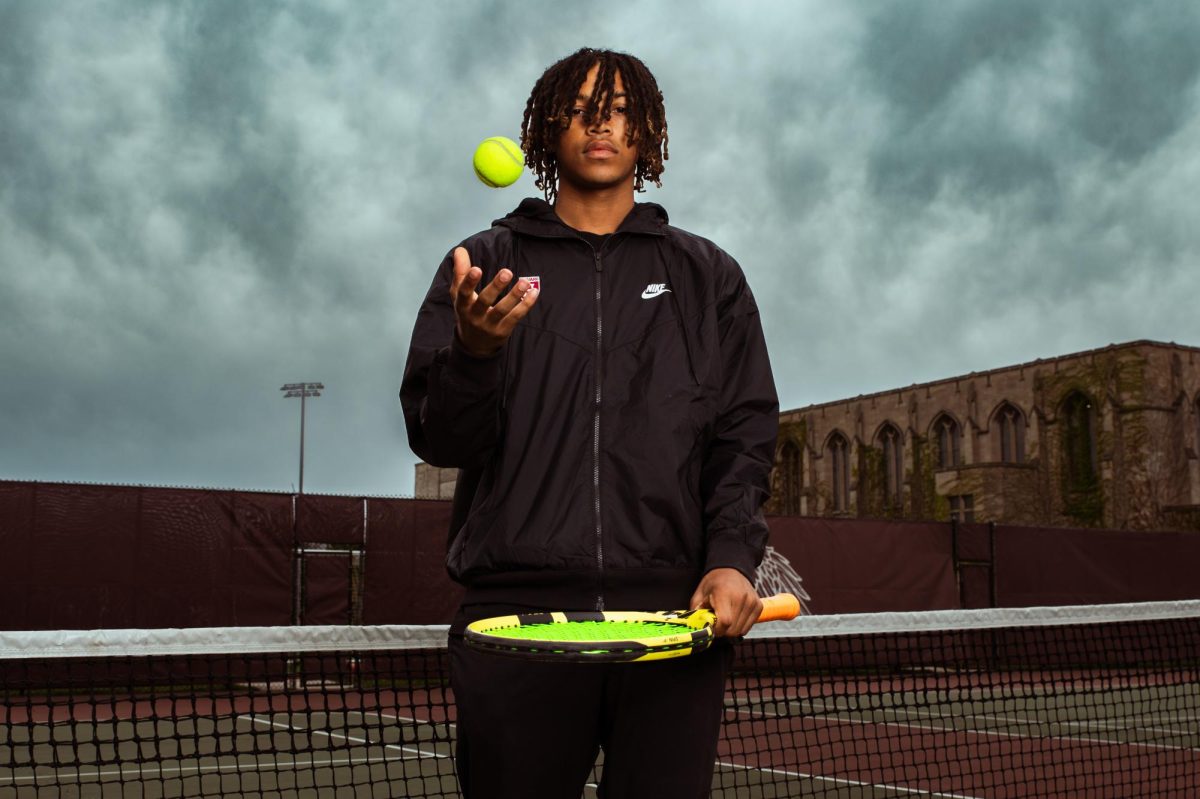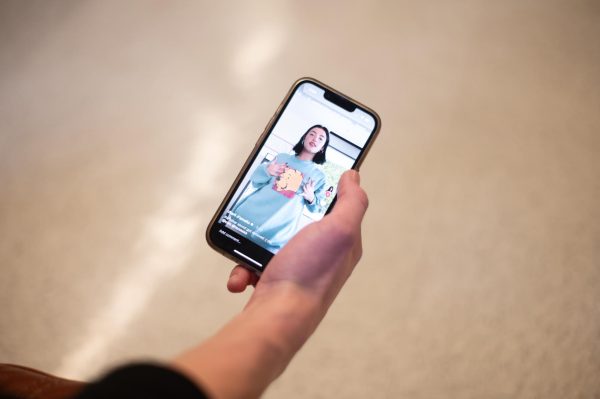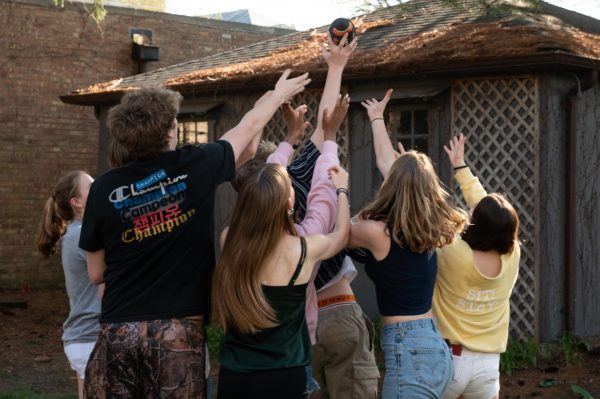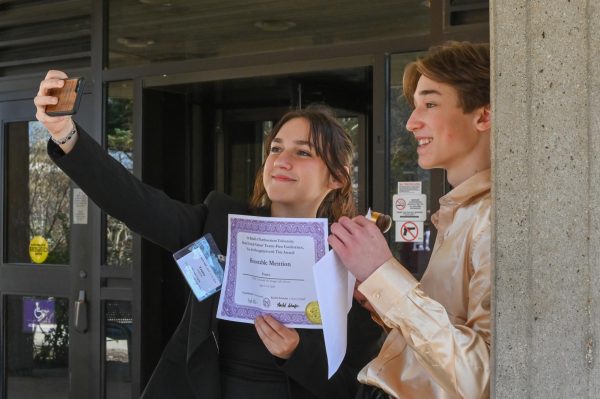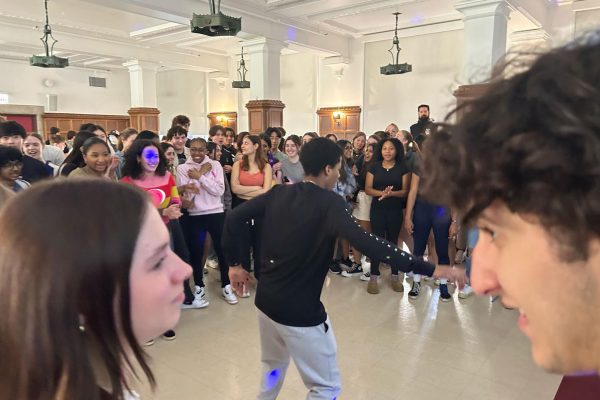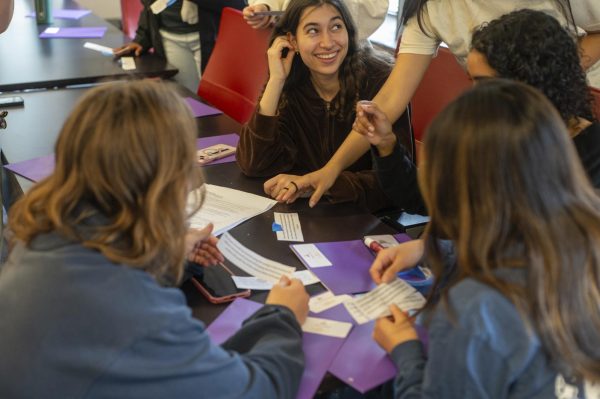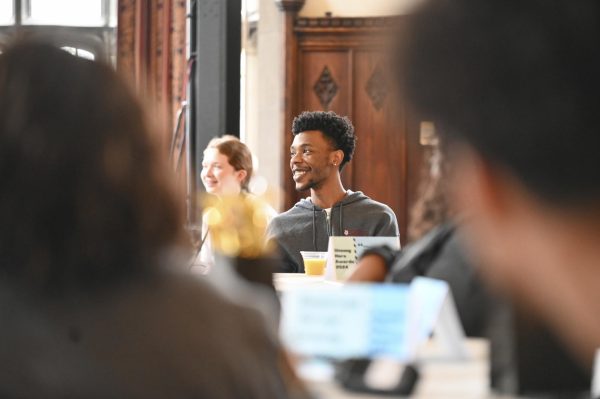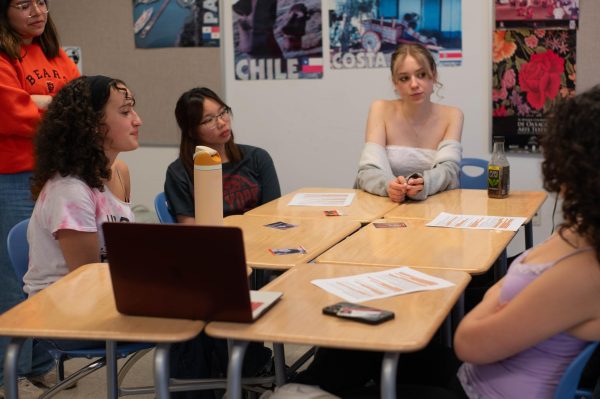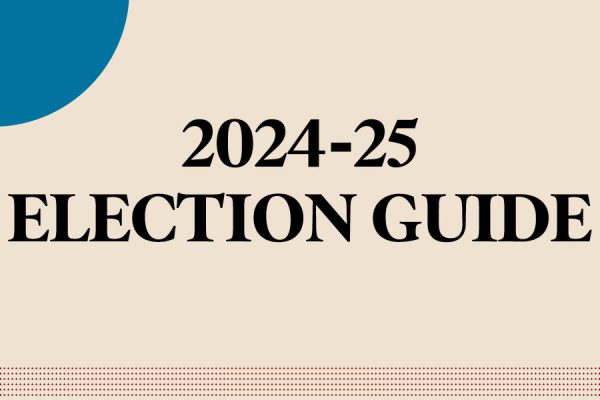Girl Up members start fundraiser, discuss intersectionality
girlup.org
Despite challenges of running the club on Zoom, members of Girl Up discuss topics such as girls’ education, marginalized voting groups and intersectional feminism.
April 1, 2021
While it has been challenging for Girl Up members to pursue initiatives with distance learning, club members are making progress in their efforts for women’s rights.
Recently, Girl Up started a T-shirt and mask fundraiser with a goal of raising $500 to support the education of 20 refugee girls living in Uganda and Ethiopia. Also, earlier this school year, the club organized a voter registration drive with When We All Vote, a nonprofit, nonpartisan organization founded by Michelle Obama to increase voter participation.
The fundraiser was a way to “teach club members ways that we can all have a bit of an impact on others,” president Sabrina Chow said.
Club members submitted different T-shirt designs for the fundraiser, and during meetings members discussed how to combine different ideas, allowing many members to have an input into the design process.
However, distance learning has made it a little difficult for Girl Up members to have the same engagement during their weekly Friday meetings on Zoom.
“I think there’s less of the side-conversation,” Sabrina said. “On Zoom you can only really have one conversation happening at a time, and so less people can make friends that way.”
For new member Anvi Padhi, it was a little strange joining the club online, but she felt her voice was heard.
“It was definitely a different experience than say middle school, not knowing everyone in the club, but Girl Up was really welcoming and everyone was really nice,” Anvi said.
In meetings this year, members of Girl Up enjoy discussing topics that include girls’ education, marginalized voting groups, and intersectional feminism.
“A lot of us come from places of privilege so let’s think about intersectionality,” Sabrina said. “Like you have like women of color who come from low socio-economic backgrounds and so thinking about how all of those factors come together and affect people.”
In addition to the Lab Girl Up chapter’s efforts to advocate for women’s rights, club member Téa Tamburo also started Girls Adoption Connect, an online community that connects female adoptees. As an adoptee from China due to its former one-child policy, Téa founded this platform to meet with other adoptees and continue advocating for intersectional feminism.
“Ultimately being born female was what put me up for adoption, so kind of taking that experience, and taking my background, my roots and my gender, and then being able to use [Girls Adoption Connect] as a platform to fuel my work in women’s rights,” Téa said.
According to Sabrina, for the rest of the year, Girl Up will lead a workshop for Social Justice Week, establish a new board and try to arrange a speaker event.



